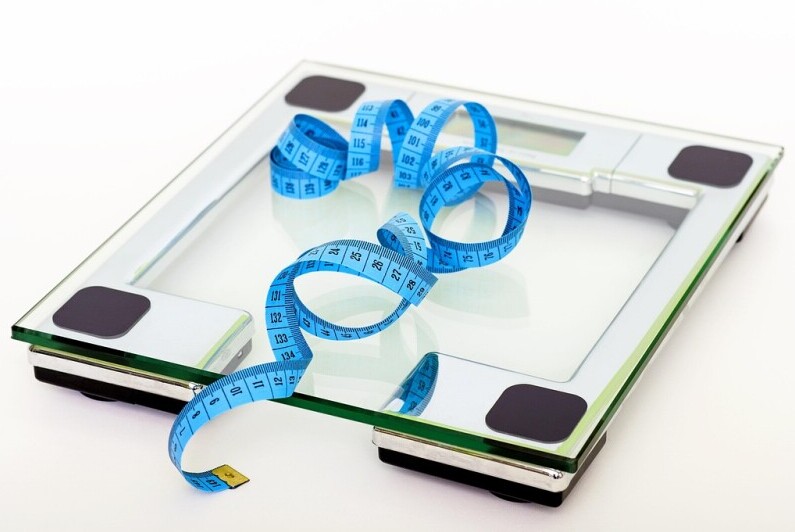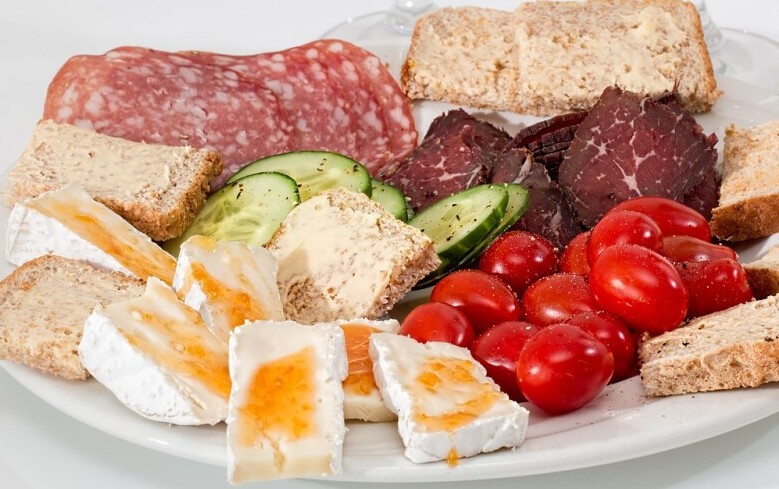Protein acts as the body’s building block, playing a central role in just about everything. From repairing tissues to producing essential hormones, proteins do it all. So, what’s this magical nutrient made of? Basically, proteins are long chains of amino acids that fold into unique 3D structures to function properly in our bodies.
Ever wonder why proteins are crucial in our diet? Well, they’re needed for just about every function our bodies carry out. Think muscle repair after a tough workout or even for enzymes that kickstart vital reactions inside us. Without enough protein, your body can’t take care of itself as it should.
When you hit the grocery store, you’re faced with animal proteins and plant-based options. What’s the deal? Animal proteins tend to have all the essential amino acids your body craves. That doesn’t mean plant proteins are any less important, just a heads-up that you might need to mix different plant sources for a complete protein kick.
Energy isn’t just about carbs. Proteins help keep energy levels stable too! They take longer to digest, which means a steady release of energy. It’s like giving your brain and body a slow, even fuel burn instead of a fast-sugar rush.
All this talk about proteins and why they matter brings home the fact that without them, life as we know it just wouldn’t function as smoothly. From maintaining a healthy metabolism to building strong muscles, proteins are the heroes working from the inside.
The Nutritional Need: Protein’s Role in a Balanced Diet
Daily protein needs can feel like a tricky puzzle, but it boils down to age, activity level, and lifestyle. Generally, adults should aim for about 50 grams a day, though athletes and active folks might need a bit more to keep everything ticking over smoothly.
Not all proteins are created equal. Some sources, known as ‘complete proteins’, pack all the essential amino acids our bodies need. This is where we talk about protein quality, which can help guide you in picking the right sources, whether you’re munching on chicken or chomping on tofu.
There’s no shortage of myths floating around about protein. “Eat too much and it’ll turn to fat,” sound familiar? Sorting the fact from fiction can help you make smarter food choices and focus on what really benefits your body.
When it comes to maintaining muscle mass and even swinging the scales in your favor, protein’s a key player. It’s like having a trusty sidekick in your health journey, fighting alongside you to keep everything in check.
Whether you’re plant-powered or love an omnivorous plate, protein’s not hard to find. Beans, nuts, and grains are the solid go-to for vegans, while meat, dairy, and eggs provide what omnivores need. The trick is fitting these into your meals in a way that feels satisfying and sustainable.
Health Impacts: Benefits of Sufficient Protein Consumption
Eating enough protein doesn’t just build muscle; it’s a massive boost for the immune system too, helping you fend off colds and minor ailments by crafting antibodies. Sounds pretty handy, right?
Optimal protein intake has surprising ties to metabolic health, potentially keeping pesky metabolism hiccups at bay. People who get their protein game right often report feeling fuller longer, which can help in managing weight by not reaching for extra snacks.
A balanced protein intake isn’t just about the physical; it touches on mental well-being too. Believe it or not, proteins influence chemicals in our brain, like serotonin, the feel-good, keep-smiling hormone.
Getting your blood sugar balanced can be a challenge, but proteins are your helpful mate here. They slow the absorption of sugar, smoothing out those spikes and crashes that leave you feeling wiped.
When workouts push your muscles to their limits, protein swoops in during recovery, reinforcing those fibers for next time. It’s a key part of recovery, helping to reduce muscle soreness and fuel future performance.

Getting Practical: Incorporating Protein into Daily Meals
Making sure you’re packing enough protein into each meal doesn’t have to be some culinary Olympics. Tweaking breakfast, lunch, and dinner to include a good protein punch is simpler than it seems. Think scrambled eggs or a smoothie with Greek yogurt for breakfast.
If you’re plant-based, you might want to explore creative protein sources like lentils, chickpeas, and quinoa. They’re not just rich in protein; they also bring their own unique flavors and textures to the table, keeping your meals from getting boring.
The key is balancing proteins with other macronutrients. Pairing them with healthy fats and carbohydrates ensures you’re getting a well-rounded meal. This mix can help you feel full and satisfied, providing long-lasting energy throughout the day.
It’s no secret that meeting daily protein goals can sometimes feel like a mountain. Simple tips like prepping meals in advance or keeping protein-rich snacks handy can lighten the load and keep you on track.
When it comes to supplements, it’s good to know you have options. Protein powders can be a convenient addition to your diet but shouldn’t replace whole food sources. A chat with a nutritionist can help decide if supplementation aligns with your personal needs.

Hi,
I’m happy that I also found this post on your page. It answers some of my questions that I had on another one of your posts about high protein versus moderate protein intake. You did mention that balance is the key, ensuring intake of both healthy fats and carbs. Hitting that balance is so critical, but yet so difficult sometimes, especially when I crave chocolate all the time!
– Scott
Hi, Scott. I know how hard that is because I’m a complete chocolate nut! If I have one weakness (actually I have many but every days’ different-only the chocolate desire is an everyday constant) and chocolate is a tough one to get passed. That’s why I created my own hot chocolate. Take a dash of salt, 2-3 teaspoons of non-dairy creamer, teaspoon of dry cocoa, one small pinch of pure stevia and in a big mug, fill it full of hot water. Pure heaven. You can modify it and toss in coffee crystals-half a teaspoon or more, what ever you like. Or zap it up your own way but this lets me have my chocolate while being diabetic without raising my blood sugar and I still get to lose weight. So far, this helps me keep my balance along with my protein shakes. Glad you liked the article. My best to you.